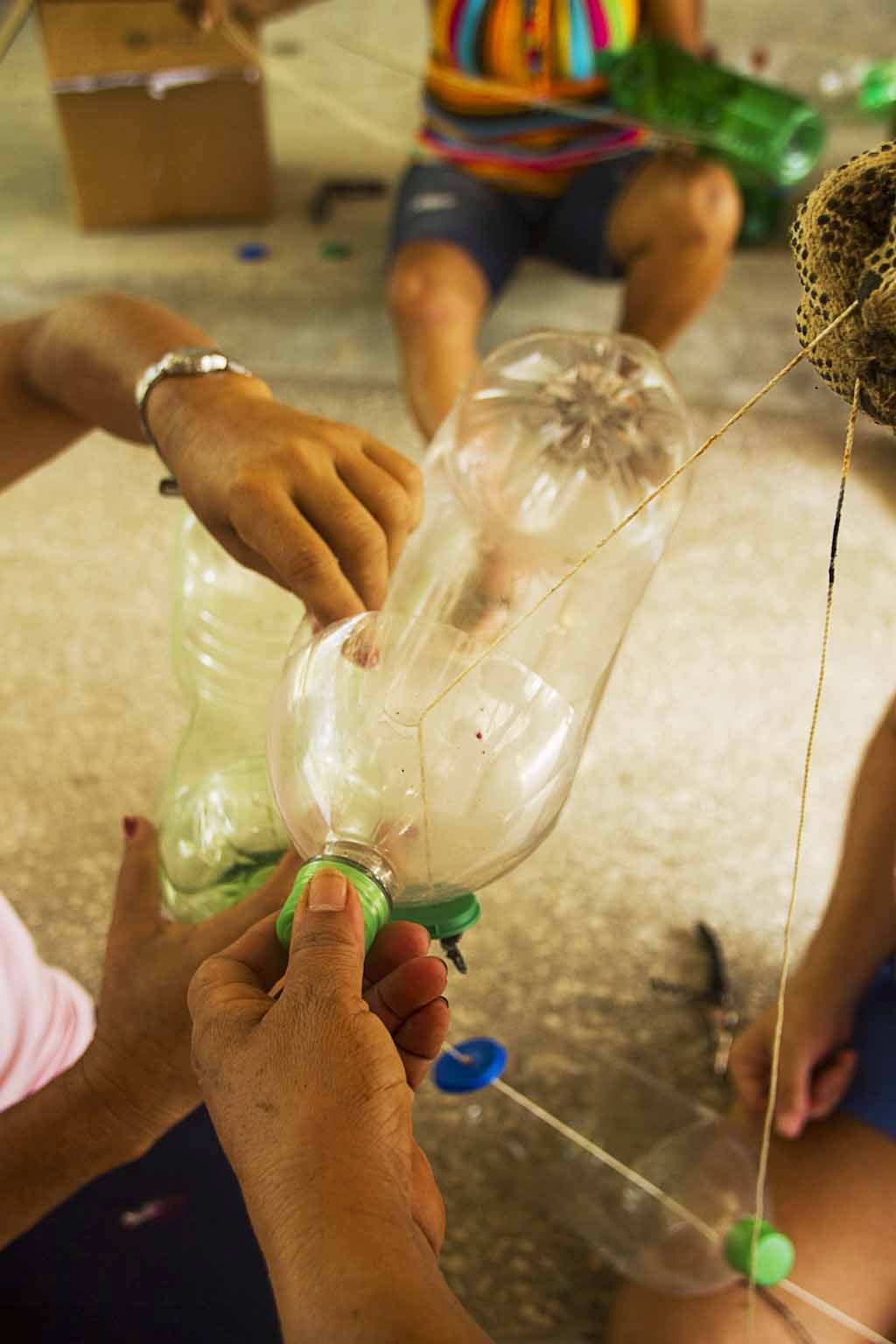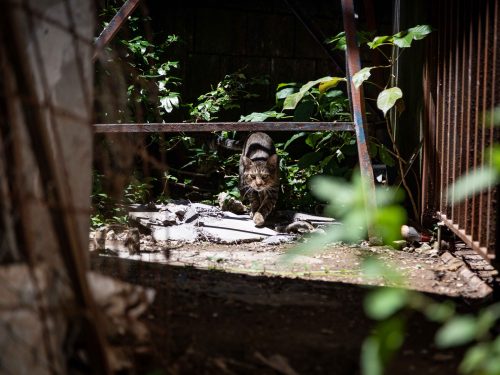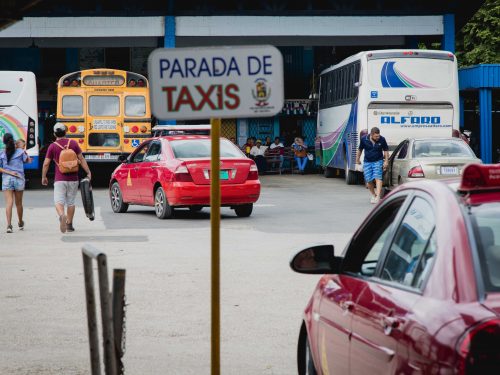
Is Costa Rica ready to implement a deposit on products made of PET plastic?
According to an article released on June 26, 2015 in the nationwide newspaper La Nación, Mar Viva estimates that each Costa Rican uses approximately 120 plastic bottles a year. From these, as few as THREE bottles are collected and, in the best case, recycled.
The article also includes a statement by the Terranostra Association which reports that many of the bottles end up on our country’s beaches – as many as 2500 plastic bottles per kilometer!
Unfortunately, these beverage bottles made of PET (Polyethylene terephthalate) pollute our environment and take more than 500 years to naturally decompose. PET is the most recyclable plastic in existence and offers the potential advantage of being recreated and manufactured into many other usable products.
Why do we continue to pollute? The answer lies in value. Currently, the value of this plastic in our country is low with little incentive to collect and recycle, resulting in continued pollution of our parks, roads, rivers and beaches.
Some Latin American countries, like Mexico and Honduras, recover a higher percentage of PET plastic than Costa Rica. A particularly successful example, Ecuador collects nearly 100% of beverage containers. With a deposit program paid by the consumer, the price of the product is set at the level necessary to encourage the collection of bottles.
If Costa Rica wants to increase the rate of PET plastic recovery it is essential that each stakeholder asks itself a question:
As a consumer, am I willing to pay a minimally higher cost for a beverage, knowing that this package will not end up in a landfill, river, or park or on our shoreline? Will a minimal deposit resulting in the collection, recycling and subsequent conversion to a new product with an economic value be worth a little extra at the point of purchase?
Will the beverage companies agree to transfer the amount of the bottle deposit back to the consumer to encourage the return and recycling of their company’s plastic bottles?
Is our government ready to negotiate with the various stakeholders to make this bottle deposit a reality, so that in the near future, we will no longer see even one more bottle polluting our country?
These are all questions that we Costa Ricans must ask ourselves in order to advance the topics of solid waste management, keeping our country clean, and continuing to lead in the protection of our natural resources.







Comments